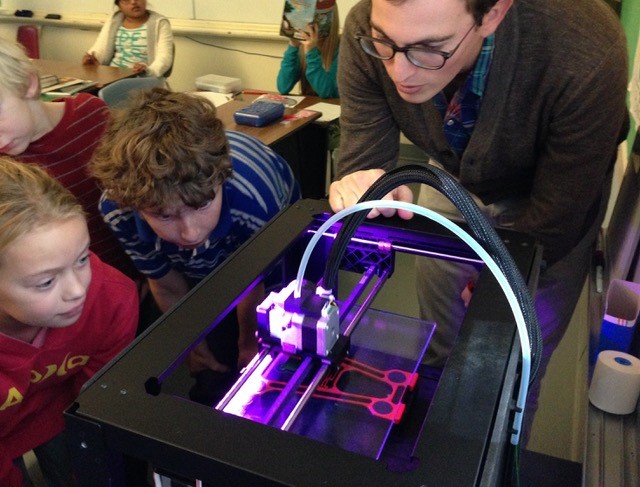Three Important Critiques of Standardized Assessments

While there’s no doubt that standardized assessment has become a driving force in education, it’s not yet universally agreed that this is a good thing. Schools and teachers have become driven solely by the need to ensure that students show only minimal improvement on standardized tests year after year. Rather than aspire for excellence, the bar is set low, thereby ensuring mediocrity.
A number of problematic patterns emerge when severe consequences result from failure of students to perform at required levels on assessments. When a new test mechanism is introduced, teachers and students are not familiar with the content or the format of the test. Scores in this environment tend to drop. As time passes, and the teachers and students become acquainted with the test and the subjects involved, the scores climb until they reach a plateau. After that point, additional improvements in the scores become less achievable. I believe that there are three central reasons why we should do away with standardized exams altogether. Here they are:
1. It encourages teaching to the test.
Because of the stress and the potential ramifications of poor scores, teachers began teaching to the test. More time was spent with academically challenged students, sometimes even causing them to miss other classes, and the amount of time spent exclusively on material covered by the test was greatly increased. Teachers sometimes changed their teaching styles to accommodate content included on tests. Their students could demonstrate rote knowledge but could not apply it or appreciate it in context. Test-score improvement could be attributed to the alteration of the teaching parameters, but this would not improve students’ problem-solving abilities or critical thinking skills.
2. It sacrifices means for the end.
Another issue concerns ethical pedagogical methods. In some schools, limited resources are allocated to students who are not likely to make the largest impact on the school’s annual yearly progress. Teaching time is reduced with students who will obviously complete upcoming assessments successfully, as well as with students who appear to have a very slim chance of reaching proficiency levels on the assessments. Instead, teachers focus their attention and efforts on the students who are close to the “cutoff line.” Clearly, these students could have the greatest short-term impact on the school’s standing; however, do the practices represent a moral approach to education?
3. Its power in education is too broad.
The pressure to achieve the necessary test scores permeates all facets of the school system. Superintendents and principals have a lot riding on these results. Their positions may depend on the success of their students on required assessments. If test scores begin to drop, out go the administrators, regardless of the true cause. This pressure to achieve on standardized assessments trickles down to teachers, and subsequently to the students.
How has standardized assessment affected the tone of teaching at your school? Has educational quality suffered as a result of standardized testing? If so, what can you do to mitigate those effects and redirect teaching from focusing on scores to supporting students?


